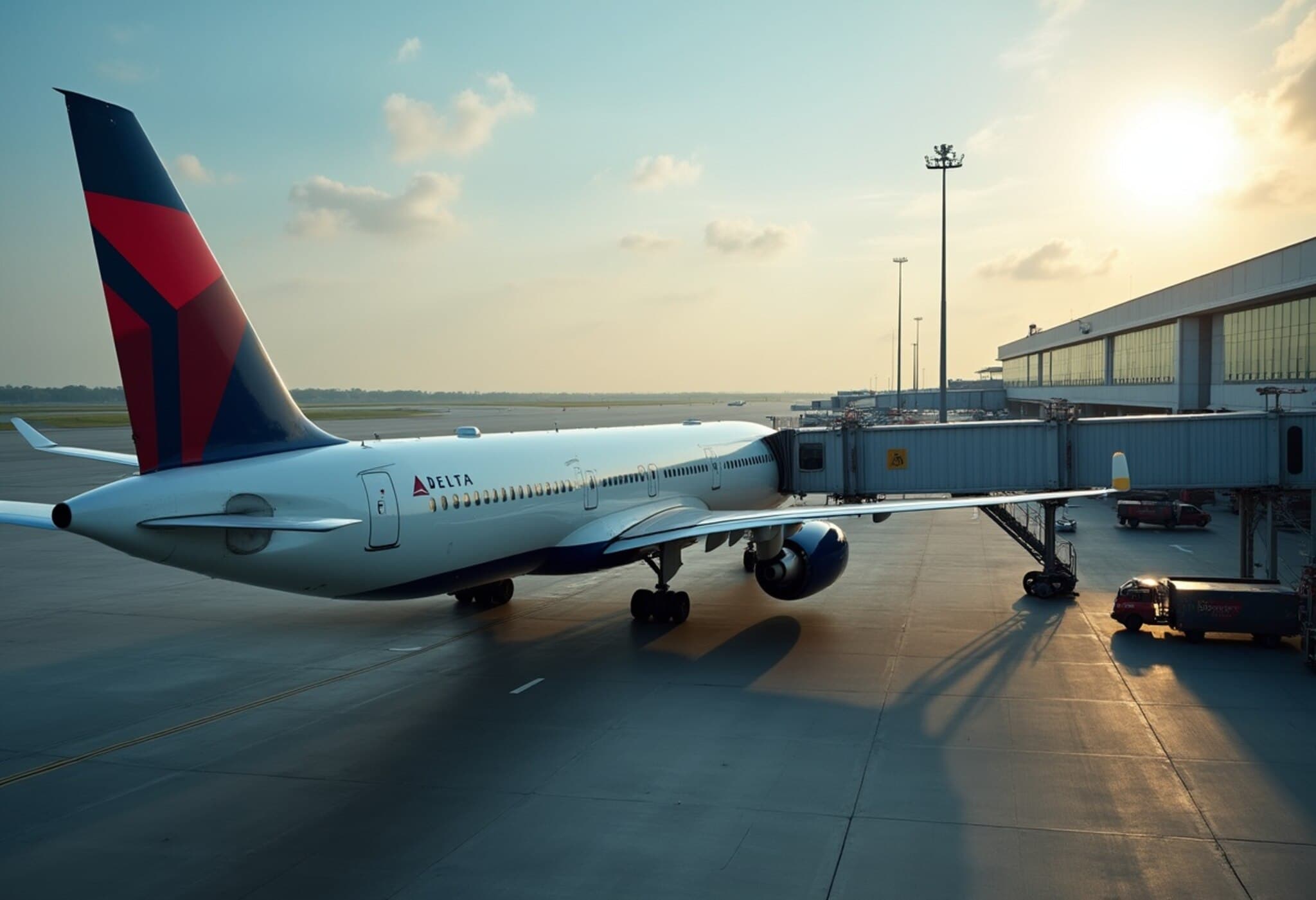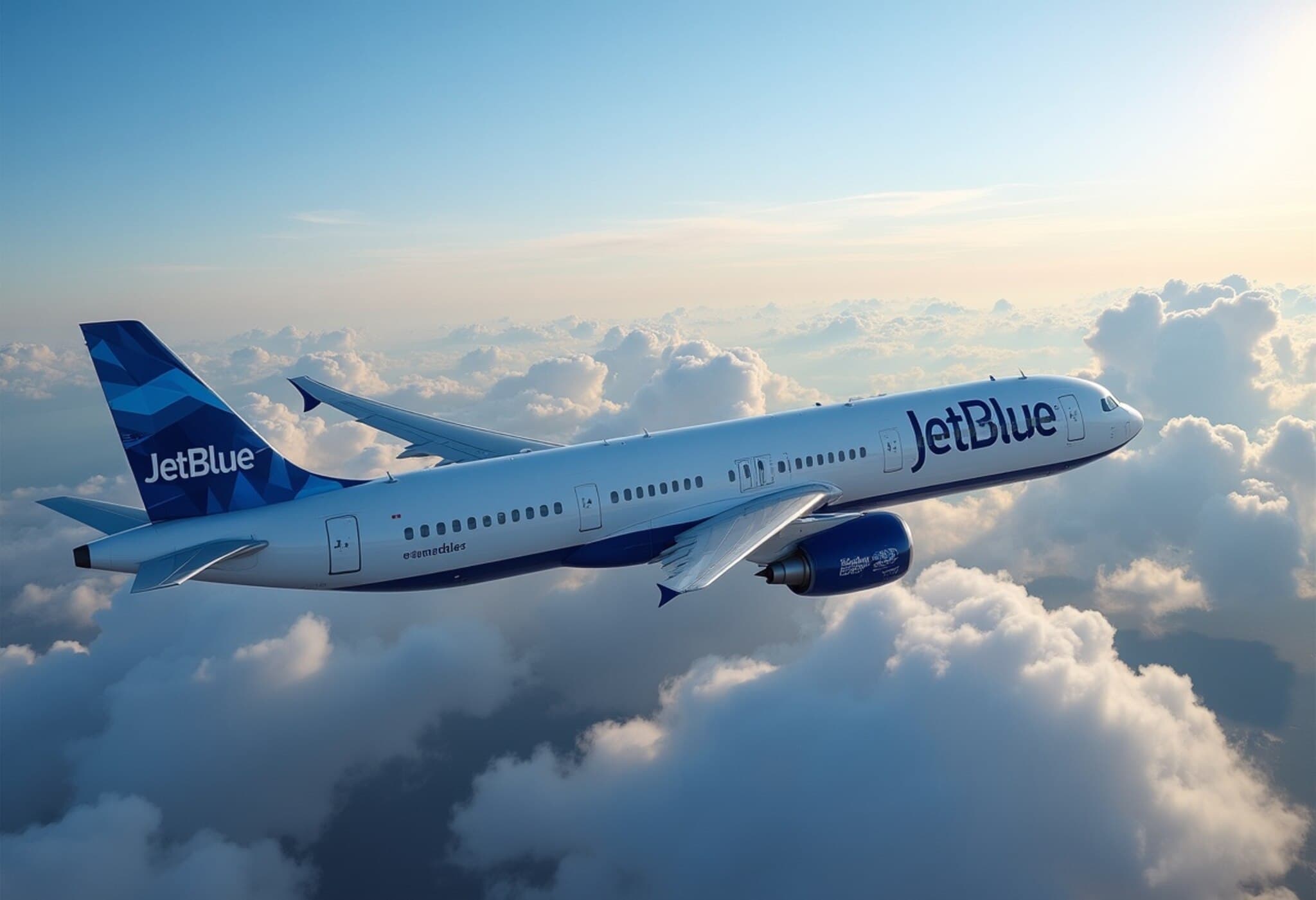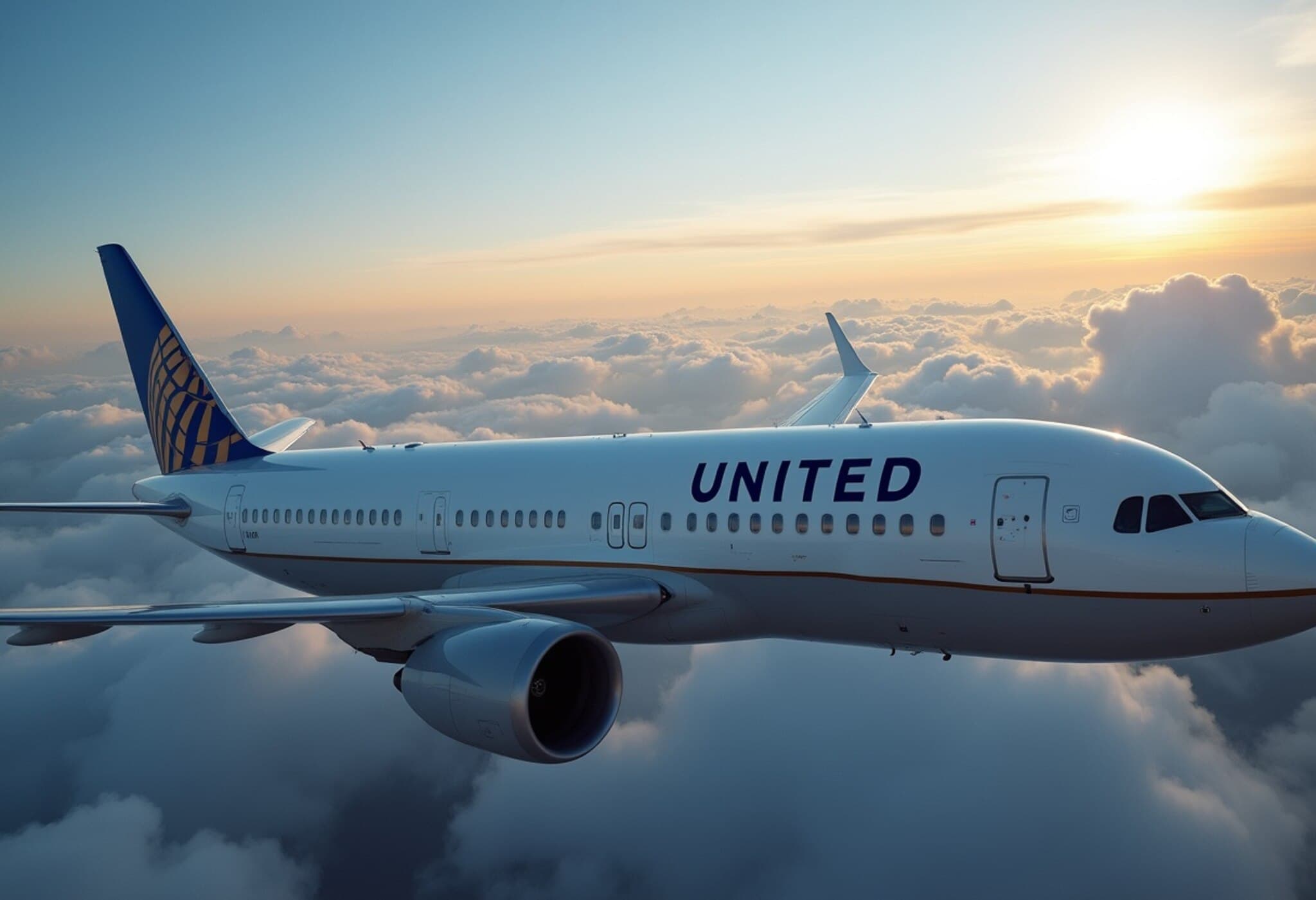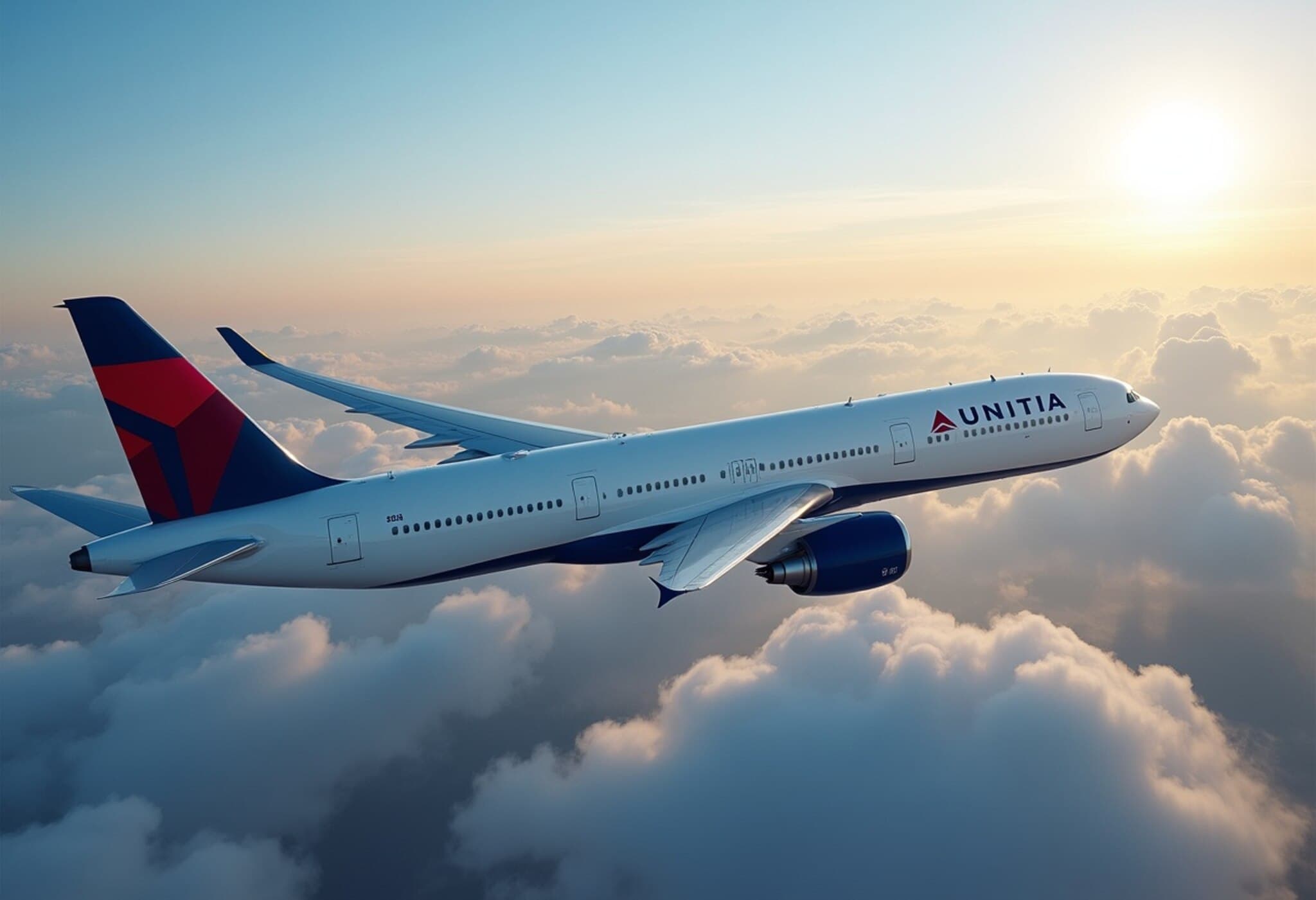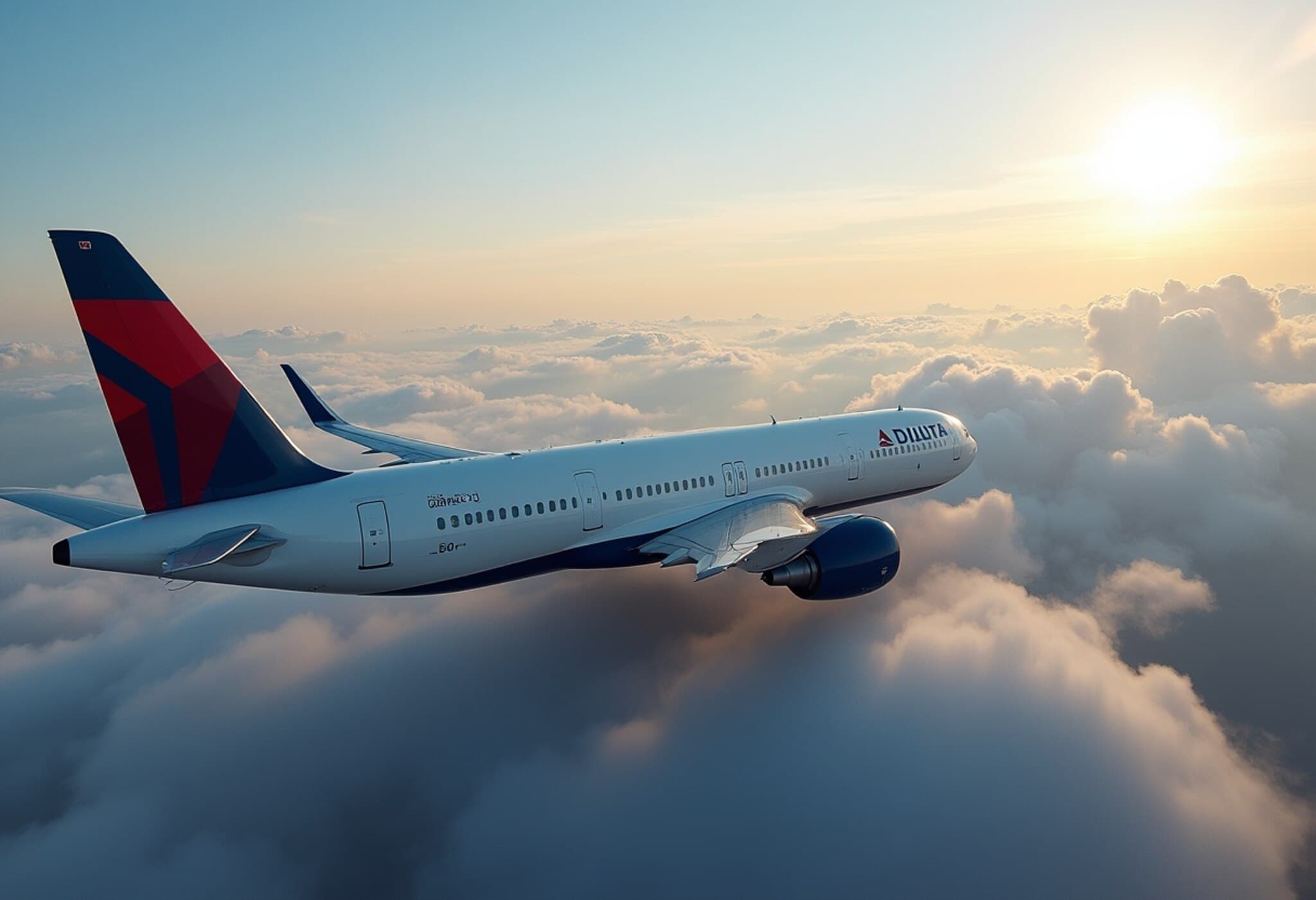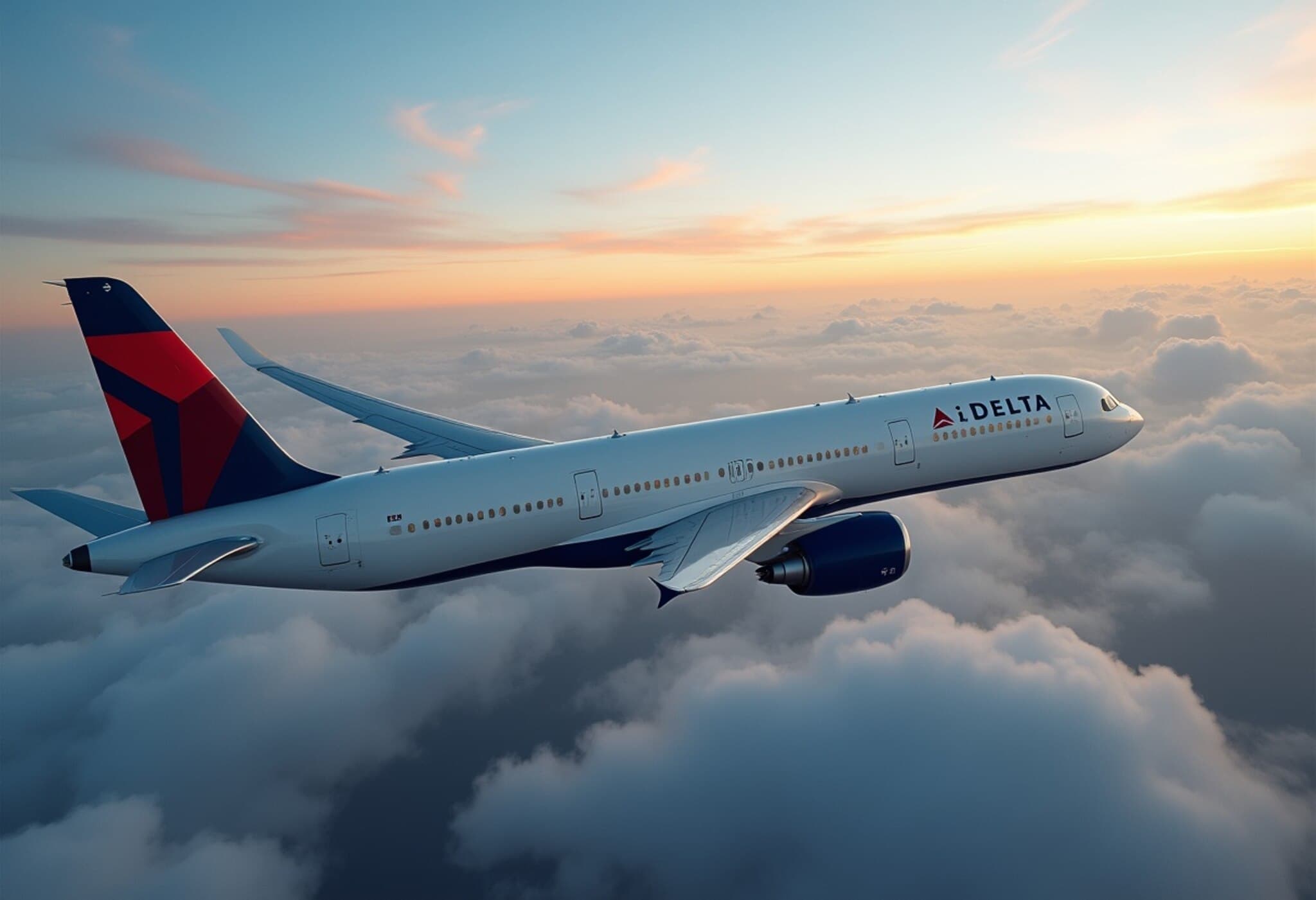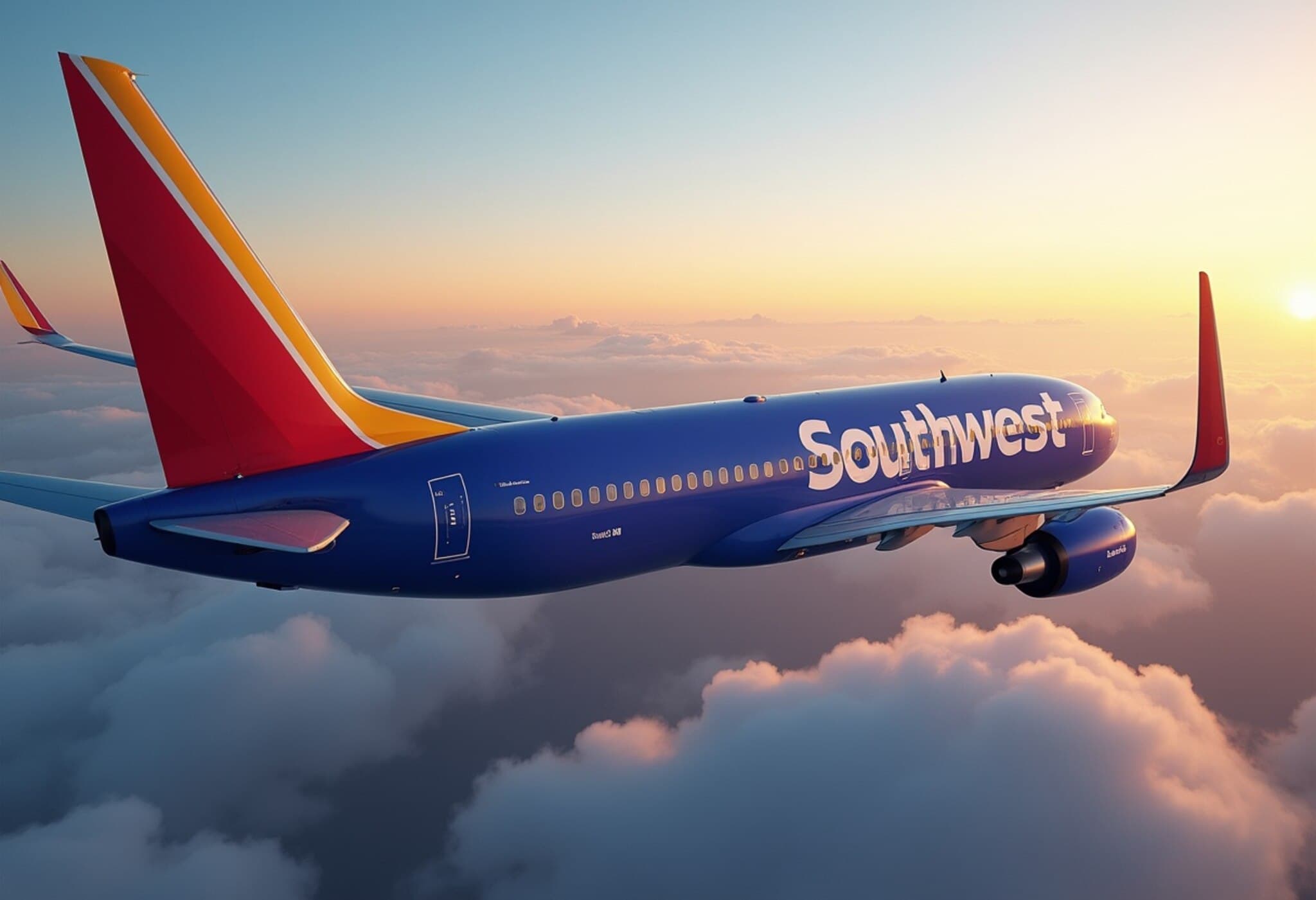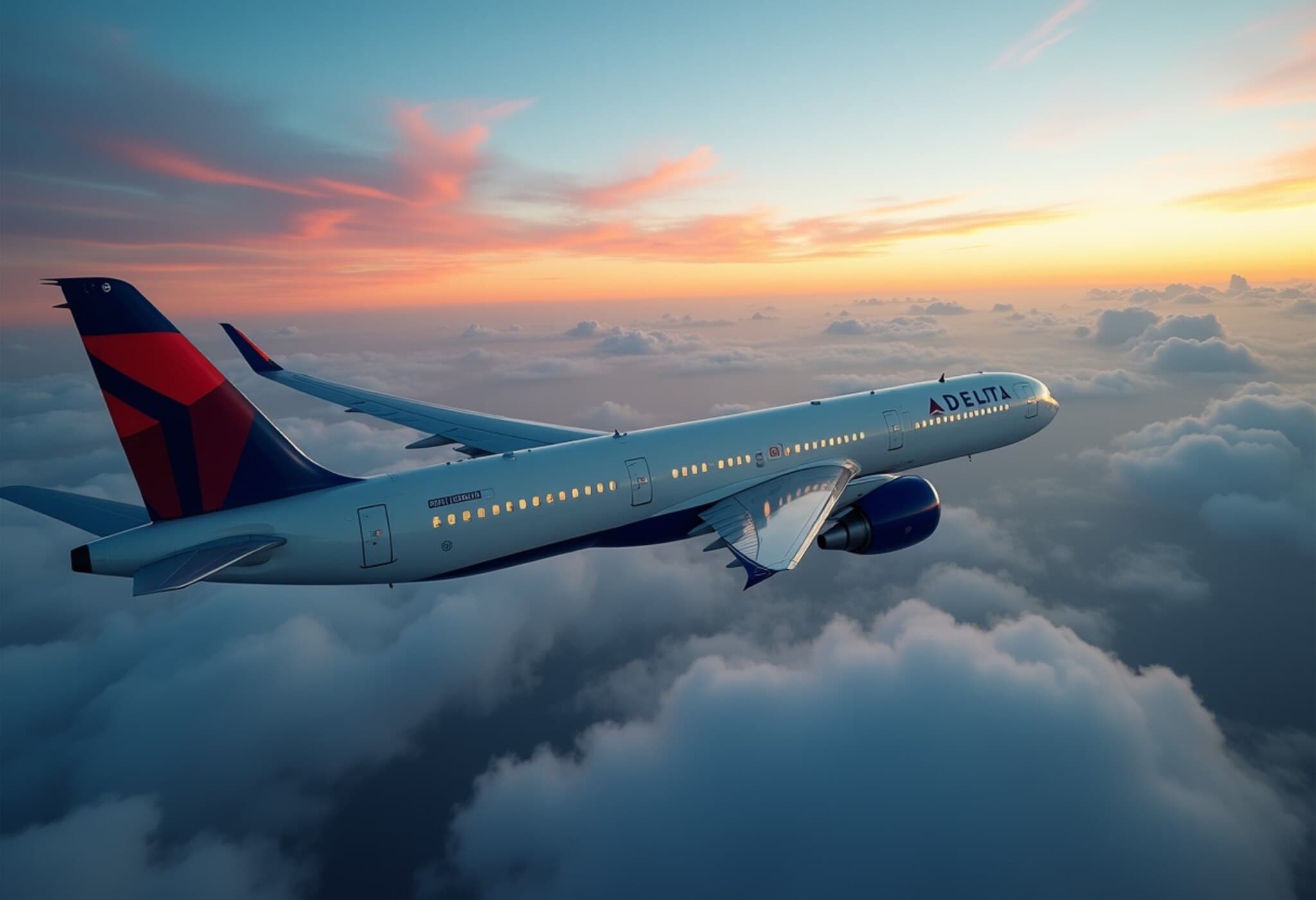U.S. Escalates Pressure on Mexico Over Airline Slot and Cargo Disputes
In a significant move signaling rising tensions in cross-border aviation relations, the U.S. Department of Transportation (USDOT) announced a series of potential actions targeting Mexico’s aviation policies that could disrupt flights between the two countries. The dispute centers around Mexico’s 2022 and 2023 decisions to revoke flight slots allocated to U.S. carriers and to mandate the relocation of U.S. cargo operations from Mexico City’s Benito Juarez International Airport (MEX).
Impact on Transborder Air Travel and Commerce
Mexico ranks as the top international destination for U.S. airline travelers, underscoring the importance of smooth and competitive air services between the neighboring countries. However, according to U.S. Transportation Secretary Sean Duffy, Mexico has failed to comply with previously agreed bilateral air service commitments. The abrupt cancellation of flight slots and enforced relocation of cargo operations has introduced market disruptions and additional costs for American airlines and businesses.
“By restricting slots and mandating that all-cargo operations move out of MEX, Mexico has broken its promise, disrupted the market, and left American businesses holding the bag for millions in increased costs,” Secretary Duffy said in an official statement. The anticipated completion of infrastructure projects to reduce congestion at Mexico City’s airport remains delayed, which USDOT cites as a root cause for Mexico’s restrictive measures.
Potential Consequences: Antitrust Immunity and Flight Approvals at Risk
To counterbalance Mexico’s actions, the USDOT has proposed withdrawing antitrust immunity from the joint venture between U.S. carrier Delta Air Lines and Mexico’s flagship airline, Aeromexico. This immunity currently enables Delta and Aeromexico to coordinate pricing, share revenues, and manage capacity collaboratively. Its removal could force a decoupling of their business operations, although Delta would retain its ownership stake in Aeromexico and maintain existing U.S.-Mexico routes.
Delta reacted swiftly, warning that such USDOT action could cause significant fallout for consumers traveling between the U.S. and Mexico, damage transborder competition, and negatively affect U.S. jobs and communities reliant on robust air connectivity. The airline stressed the broader economic implications beyond airfare, emphasizing supply chains supported by time-sensitive cargo flights.
New Regulatory Measures and Monitoring of International Practices
Further tightening bilateral controls, USDOT has issued orders demanding Mexican airlines submit detailed schedules of their U.S. operations by July 29 and requiring prior approval for large charter flights into the United States. The U.S. government views these steps as necessary to protect competitive balance and the interests of American carriers and consumers.
Beyond Mexico, the department is also scrutinizing European nations’ airport noise abatement policies to prevent unjustified flight restrictions that could hamper operational freedoms—a move demonstrating a broader commitment to fair international aviation practices.
Contextual Insight: The U.S.-Mexico Aviation Corridor
Air travel between the U.S. and Mexico is not just a matter of passenger convenience; it is vital to cross-border commerce supporting millions of jobs and trillions in trade annually. Disruptions ripple through industries ranging from manufacturing to agriculture, where just-in-time cargo shipments are essential. The USDOT’s firm stance reflects an understanding that preserving open, competitive air connections is critical for economic resilience and bilateral relations.
Experts note, however, that infrastructure limitations like the congestion at MEX require investment and cooperation from both governments to sustainably increase capacity. The stalemate over slots sheds light on broader challenges in international aviation governance, where national interests and commercial realities often collide.
Looking Ahead
As negotiations and regulatory actions unfold, key questions emerge about how far the U.S. will push its leverage and whether Mexico will recalibrate its approach to maintain a balanced market. The decisions will reverberate beyond airlines, affecting thousands of businesses and millions of travelers who depend on seamless air links.
Editor’s Note
This unfolding dispute spotlights the complex interplay of air traffic rights, national infrastructure constraints, and international commerce. It raises important considerations about how countries manage shared airspace and the importance of transparent, predictable policies in global aviation. Observers should watch whether this standoff encourages deeper cooperation on airport infrastructure or exacerbates protectionist tendencies that could stifle competition and economic growth.

